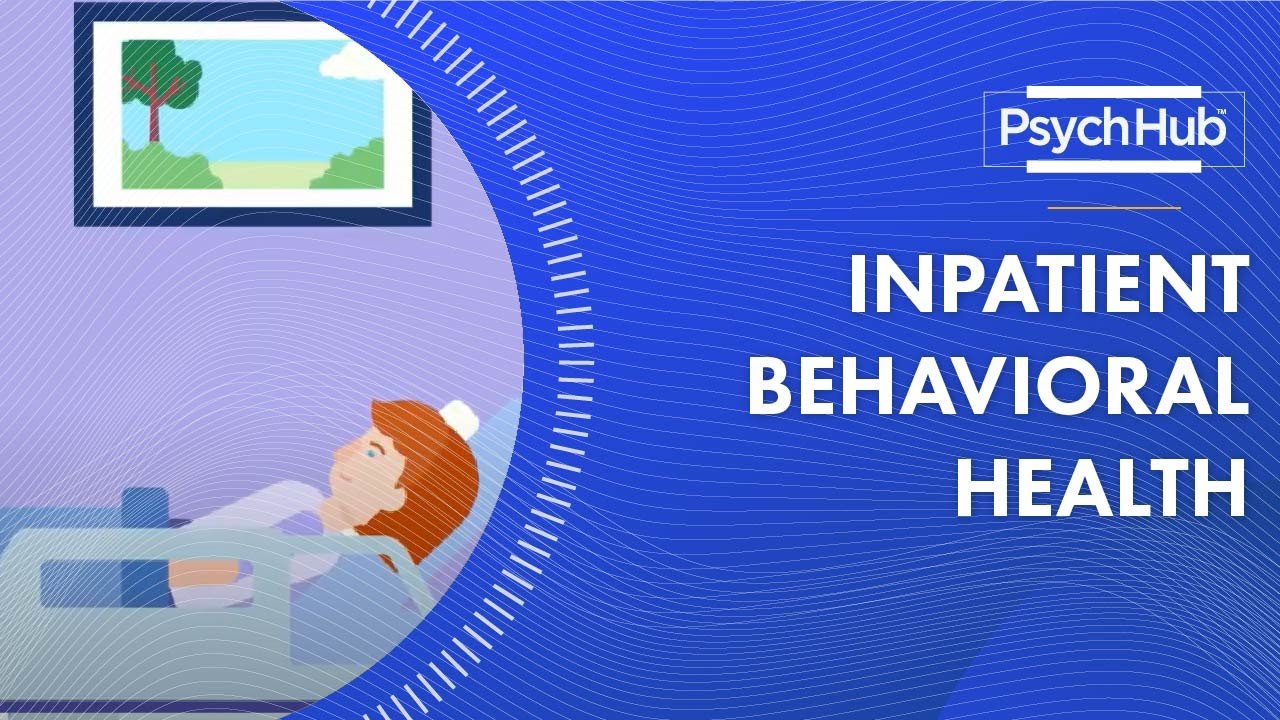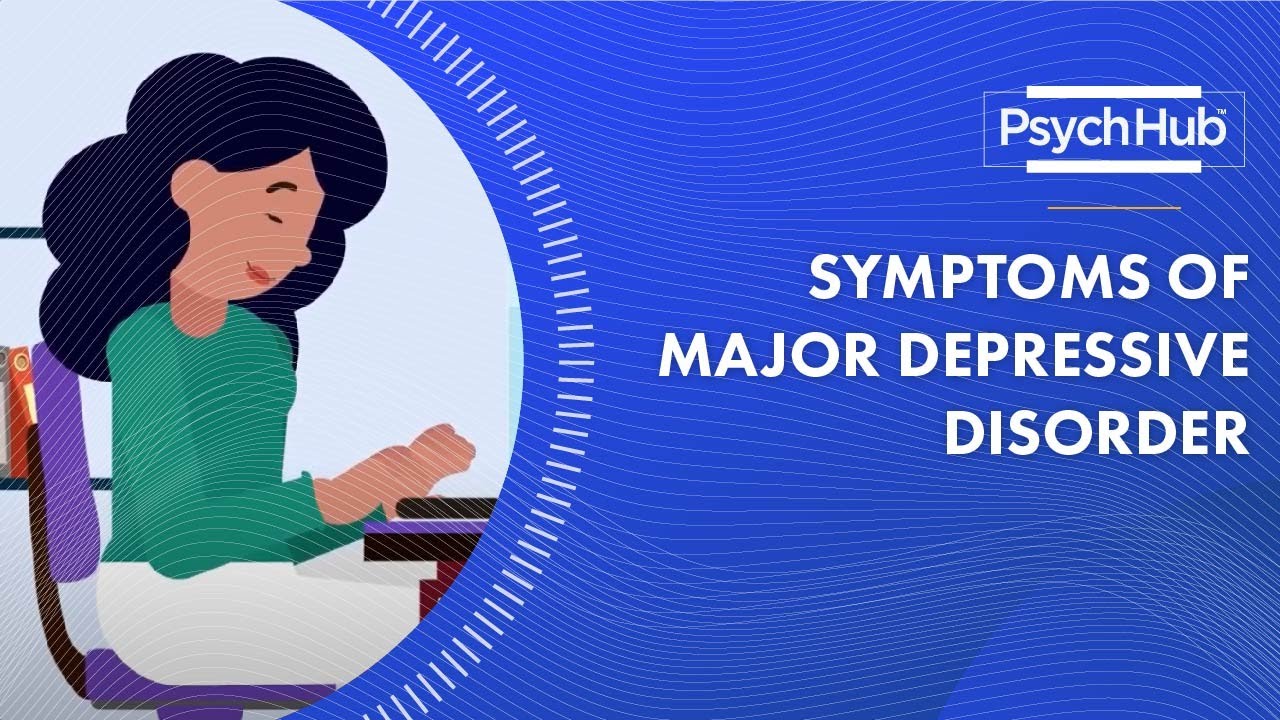Have you ever found yourself lost in the world of Internet gaming, only to realize hours have flown by unnoticed? Internet gaming addiction, or Internet Gaming Disorder (IGD), is an escalating concern, particularly among young people in the digital age. The allure of virtual worlds, high scores, and intense competitions can often lead down a path where gaming takes precedence over every other aspect of life, leading to detrimental outcomes.
The Rise of Internet Gaming Addiction
Internet gaming addiction is not merely a hobby gone astray; it is a serious condition that affects an individual’s mental, emotional, and physical well-being. For instance, consider the case of Rohan (name changed), a 19-year-old medical student from Mumbai. What started as a way to unwind from the stresses of medical school quickly spiraled out of control. He began prioritizing gaming over studying, skipping meals, and withdrawing from social interactions, all of which led to severe anxiety and poor academic performance. Experiences like Rohan’s underscore the importance of developing effective interventions to address this growing issue.
The Statistics: Understanding the Scope
Recent studies have shown a worrying trend, particularly among young people aged 13-25. Approximately 3.6% of individuals in this age group are affected by IGD, often leading to issues such as depression, anxiety, and poor academic performance. The widespread use of smartphones has further exacerbated this problem, with innumerable youths spending extensive amounts of time immersed in virtual worlds.
| Age Group | Percentage Affected by IGD |
|---|---|
| 13-15 | 2.5% |
| 16-18 | 3.4% |
| 19-25 | 4.0% |
| Overall | 3.6% |
This rise in gaming addiction calls for effective strategies to manage and treat the disorder. Researchers at the National Institute of Mental Health and Neurosciences (NIMHANS) have been exploring one such promising approach: Mindfulness-Based Interventions (MBIs).
Mindfulness: A Promising Path to Recovery
Research from NIMHANS suggests that mindfulness, defined as focused, non-judgmental awareness of the present moment, could be a key component in managing IGD. This approach helps in regaining control over attention, emotions, and behavior, thus offering a potential solution to reverse the hold of gaming addiction.
Key Mindfulness-Based Interventions (MBIs)
There are several well-established MBIs that have shown promise in treating various mental health conditions, including addiction. These include Mindfulness-Based Stress Reduction (MBSR) and Mindfulness-Based Cognitive Therapy (MBCT). These interventions aim to cultivate a deeper understanding of one’s thoughts and feelings, reducing the emotional impact of cravings and preventing relapse.
- MBSR (Mindfulness-Based Stress Reduction): Focuses on reducing stress through mindfulness practices like meditation and mindful breathing.
- MBCT (Mindfulness-Based Cognitive Therapy): Combines cognitive therapy with mindfulness practices to change the patterns of thinking that lead to emotional distress.
Benefits of MBIs in Managing IGD
MBIs such as MBSR and MBCT can help individuals with IGD by promoting several crucial skills:
- Attention Regulation: Learning to focus attention and avoid distractions can be immensely helpful in combating the compulsive urges associated with gaming addiction.
- Emotion Regulation: By accepting and managing negative emotions mindfully, individuals can reduce their reliance on gaming as an emotional escape.
- Self-awareness and Acceptance: Understanding the underlying reasons for gaming behavior helps in breaking the cycle of addiction.
Manoj Kumar Sharma, a professor at NIMHANS, emphasized the importance of regaining control over one’s attention and emotions through mindfulness practices. He explained that as awareness and research on mindfulness expand, it is poised to become a crucial component in the treatment of IGD.
Practical Application of Mindfulness in Daily Life
Mindfulness offers practical techniques that can be easily integrated into daily routines. Here are a few methods to incorporate mindfulness to manage gaming addiction effectively:
Mindfulness Meditation
Meditation is a cornerstone of mindfulness practices. Begin with just five minutes of seated meditation each day, gradually increasing the duration. Focus on your breath, and if your mind wanders to thoughts of gaming or other distractions, gently bring it back to your breath.
- Morning Meditation: Start your day with a session of meditation to set a mindful tone.
- Guided Meditations: Utilize apps and online resources that offer guided meditations to stay focused.
Mindful Breathing
Simple yet effective, mindful breathing involves paying attention to the breath as it moves in and out of your body. Practicing for just a few minutes when you feel the urge to game can help you return to a state of calm and focus.
- Breathing Exercises: Engage in deep, slow breathing exercises to soothe the mind.
- Break Times: Use breaks during the day to practice mindful breathing, especially if you start feeling overwhelmed.
Body Scan
A body scan involves focusing on different parts of your body, starting from your feet and moving upwards. This practice can help you become more aware of physical sensations and reduce tension.
- Evening Routine: Incorporate a body scan before bed to release tension and foster a relaxing sleep environment.
- Stress Relief: Use body scans during moments of high stress or gaming cravings.
Combining Mindfulness with Other Therapeutic Approaches
Researchers like Syed Yaseen Ahmed at NIMHANS emphasize the effectiveness of combining mindfulness with other therapeutic approaches such as Cognitive Behavioral Therapy (CBT) and family therapy. This integrated approach can enhance emotional regulation, self-awareness, and impulse control, which are essential for managing IGD.
The Role of CBT
Cognitive Behavioral Therapy (CBT) focuses on identifying and changing negative thought patterns that contribute to harmful behavior. When combined with mindfulness practices, CBT can offer a comprehensive approach to managing IGD.
- Thought Challenging: Use CBT techniques to challenge unrealistic thoughts about gaming.
- Cognitive Restructuring: Integrate mindful awareness to reshape cognitive patterns, reducing the grip of addiction.
Family Therapy
Involving family members in the treatment process can provide additional support and accountability. It helps in creating a supportive environment that encourages positive change.
- Family Sessions: Conduct regular family therapy sessions to address the impact of IGD on relationships.
- Support Systems: Build a strong support system that includes family and friends to facilitate recovery.
The Future of Mindfulness in Treating IGD
As awareness and research on IGD and MBIs continue to grow, the integration of mindfulness into treatment plans is expected to become more prevalent. NIMHANS researchers are optimistic about the future, envisioning a time when mindfulness becomes a standard component in the toolkit for addressing internet gaming addiction.
Expanding Research
Ongoing research at institutions like NIMHANS aims to further explore the effectiveness of MBIs in managing IGD. Studies are being conducted to evaluate the long-term benefits and potential for mindfulness to reduce relapse rates.
- Longitudinal Studies: Conduct long-term studies to understand the sustained impact of mindfulness.
- Comparative Analysis: Compare the effectiveness of MBIs with other treatment modalities to identify the best practices.
Training and Education
Educating mental health professionals and the general public about the benefits of mindfulness can facilitate its wider adoption. Training programs for therapists and counselors can ensure the effective implementation of mindfulness-based strategies.
- Training Workshops: Organize workshops and seminars to train professionals in MBIs.
- Public Awareness Campaigns: Launch campaigns to educate the public about the benefits and accessibility of mindfulness practices.
Conclusion
Internet gaming addiction poses a significant challenge, particularly among young people, but mindfulness offers a promising path to recovery. By fostering attention regulation, emotion management, and self-awareness, mindfulness-based interventions can help individuals regain control over their lives. Combining mindfulness with other therapeutic approaches like CBT and family therapy can enhance its effectiveness, providing a comprehensive strategy to combat IGD.
As research continues to evolve, the role of mindfulness in treating IGD is expected to grow, offering hope to those struggling with this modern-day addiction. So, the next time you feel the urge to game excessively, consider taking a few deep breaths and practicing mindfulness. It might just be the key to breaking free from the cycle of addiction.






